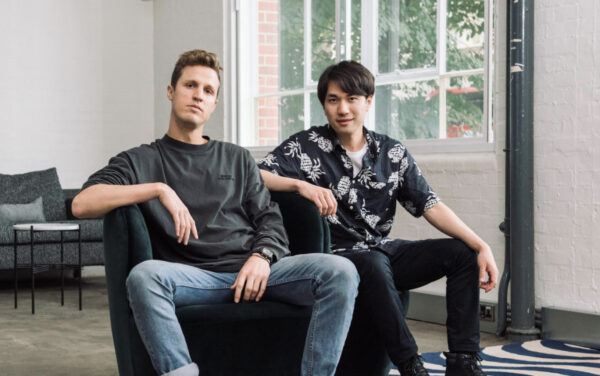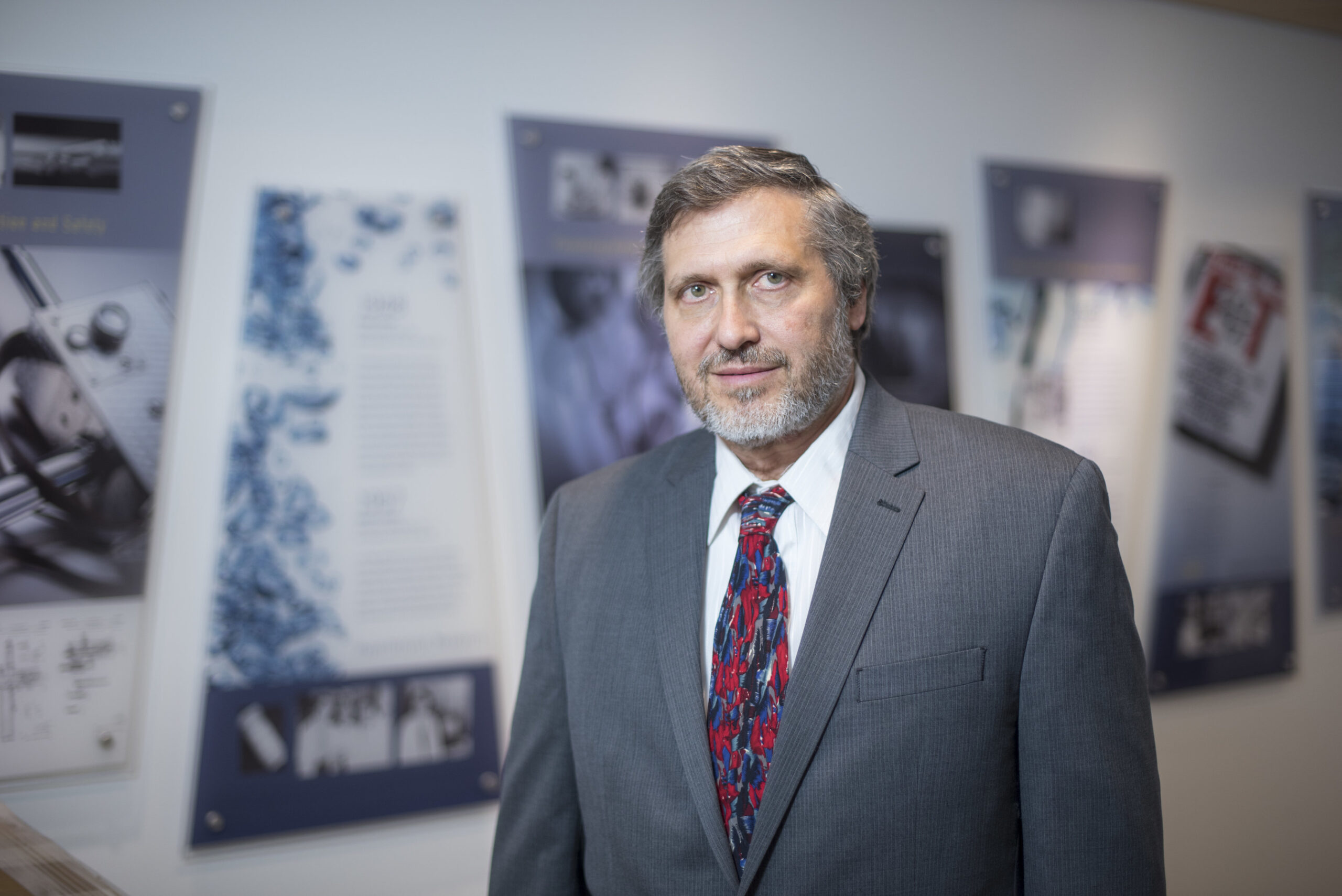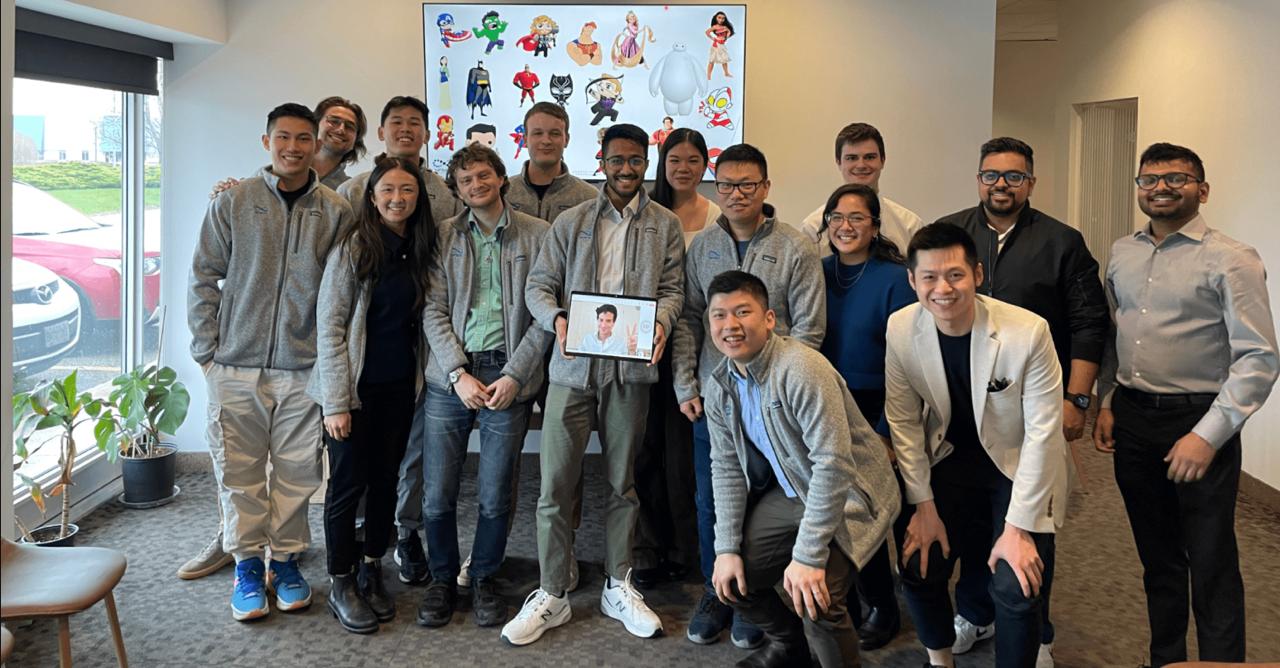NeuroTherapia, Inc., a clinical-stage biotech company and Cleveland Clinic Innovations portfolio entity, has successfully completed the first close of its Series B financing with $12.3M raised. The financing round, led by Cleveland Clinic, sees continued support from Brain Trust Accelerator Fund II, Dolby Family Ventures, and the Alzheimer’s Drug Discovery Foundation (ADDF), with new investment from Foundation for a Better World and CRUINT. The funds will primarily advance the development of NTRX-07, an oral cannabinoid receptor agonist targeting Alzheimer’s disease.
“We are thrilled with the Phase 1b trial results and the opportunity to advance NTRX-07 into Phase 2a trials,” said Tony Giordano, Ph.D., President and CEO of NeuroTherapia. “This support from both new and existing investors enables us to pursue groundbreaking treatments for Alzheimer’s and explore additional indications.”
Newly appointed Board Observer Adam Hoffman, President of Foundation for a Better World, joins existing board members, including Dr. Tony Giordano and Joseph Rich from Cleveland Clinic Innovations. The funding will also facilitate studies on NTRX-07’s potential to mitigate ARIA side effects in monoclonal antibody treatments and support the development of second-generation molecules for conditions linked to neuroinflammation, such as Parkinson’s disease and ALS.
Editorial Opinion: NeuroTherapia’s recent funding marks a significant milestone in the battle against neurodegenerative diseases. By focusing on neuroinflammation, a critical factor in Alzheimer’s disease and other CNS conditions, the company is pioneering a novel approach that could revolutionize treatment options. Their commitment to advancing oral therapies and mitigating side effects from existing treatments highlights a promising trajectory in the biotech sector. As they continue to develop and test new therapies, NeuroTherapia stands at the forefront of a transformative era in neurology, potentially altering the landscape of neurodegenerative disease management.
If you need further assistance or have any corrections, please reach out to editor@thetimesmag.com.











